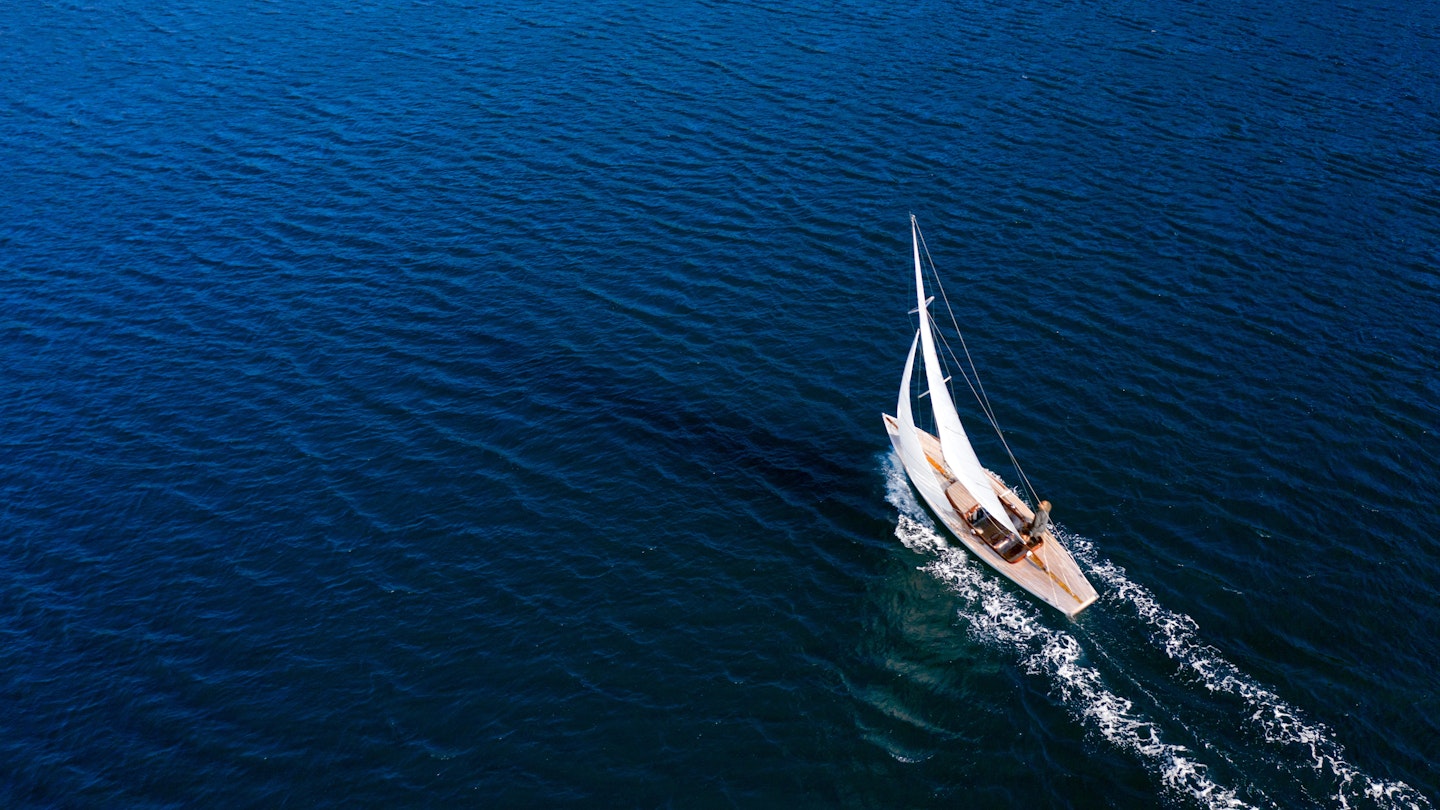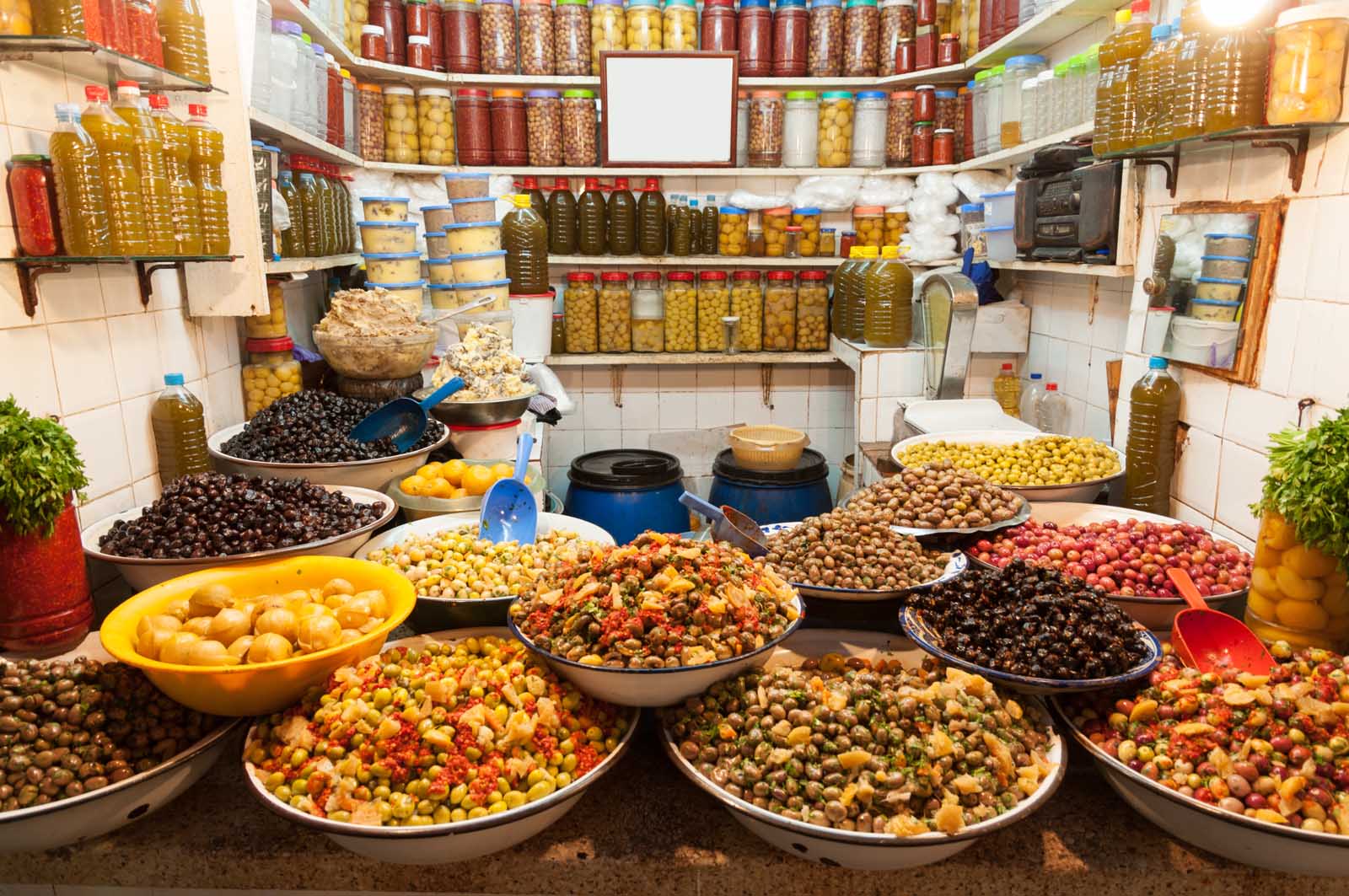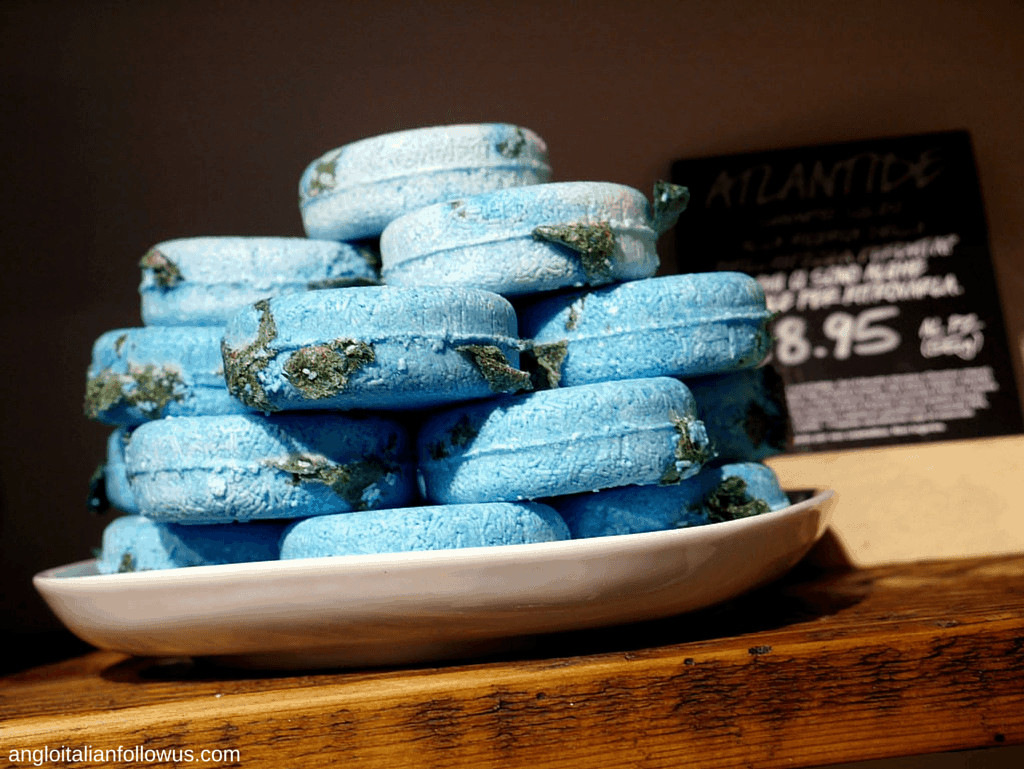Expert Tips from Sailor Brian Thompson on Self-Isolation
Sailor Brian Thompson has completed more multihull nautical miles than any other Briton. On his journey to breaking 25 world records, he has circumnavigated the globe solo, crossed oceans with crews, and even faced challenges adrift in the Atlantic Ocean with just his girlfriend and no idea of when they would return to shore.
Here, he shares valuable advice on self-isolating during the coronavirus crisis.

1. Control the Controllable
Brian Thompson and his girlfriend at the time, Helena Darvelid, were five days into their Atlantic crossing in a fragile plywood trimaran when disaster struck: the boat began to fall apart.
The structure started to disconnect, and the sail was on the verge of collapsing. Concerned, Brian realized they had little control over their situation. Facing unpredictable storms, they had to deploy a parachute sea anchor just to maintain their position.
They gingerly started their journey back to England, unsure of when they would reach solid ground. “You need to control the controllable,” Brian advises. “While you can’t control a storm, your focus should be on preparations to mitigate potential problems.”
This could translate into planning meals or maintaining cleanliness in your living space during the pandemic. For Brian, it meant making essential repairs to the boat and approaching each day with a fresh perspective. Ultimately, it took nearly a month for them to return to England.

2. Divide Your Time Into Smaller Chunks
“Much like the coronavirus, storms at sea aren’t personal. You must confront them as best you can,” Brian points out. He suggests establishing daily or weekly goals during isolation.
During their ordeal, Brian and Helena remained focused on their ultimate objective—to safely return to land—while also being adaptable to changing conditions. “Avoid fixating on the entire timeframe of isolation, as it can be daunting—like a child waiting for Christmas in February,” he explains.
Instead, concentrate on achievable objectives: maintain a consistent wake-up time, plan your meals, or get some exercise outdoors when possible. Brian emphasized, “Get through one storm at a time. Steer slowly and target your destination. Believing in your ability to reach your goal is essential.”
3. Stay Positive and Lift Others’ Spirits
“When there are two people involved, humor is crucial for maintaining a cheerful atmosphere,” Brian asserts. He and Helena frequently used humor to keep their spirits high during their challenging North Atlantic experiences.
“It’s vital to not force happiness, but to maintain it so that one person can uplift the other when necessary,” Brian says. For those in isolation, a simple phone call to a friend or enjoying a comedy show instead of the news can work wonders for morale.

Staying upbeat is especially vital while sailing or self-isolating. In 2008, Brian was one of the 12 sailors to finish the Vendée Globe, a grueling endurance race that saw him spend 98 days at sea.
Starting from Les Sables-d’Olonne near La Rochelle in Western France, he faced the initial hours alone, far from the support of spectators. “Initially, you wonder: ‘How can I endure this for 100 days?’” he recalls, emphasizing the importance of staying positive and focusing on immediate goals.
4. Keep Yourself Shipshape
As he embarked on the Vendée Globe with his boat, Bahrain Team Pindar, Brian understood that staying in peak condition was essential for facing any challenges. Competitors faced numerous setbacks, including dismasting and retirements due to injuries.
The race was fierce, as boats navigated treacherous waters, threading the needle between speed and safety. However, despite the potential for danger, taking care of oneself remained paramount. Brian managed just three hours of sleep per day. “Just like during a pandemic, isolation on a boat minimizes your risk of illness,” he adds, but exhaustion is inevitable. “I relied on polyphasic sleeping, napping for no more than 45 minutes at a time.”
While this may differ from home isolation, Brian stresses that maintaining quality sleep is crucial, especially under stress. “Even if you can’t get a full night’s sleep, aim for several shorter ones to rest,” he suggests.

5. Treat Yourself When It’s All Over
After 10 days racing in the Vendée Globe, Brian exhausted his supply of fresh food, resorting to freeze-dried meals for the next 88 days. His meal options varied, from porridge to Thai green curry to even a freeze-dried Christmas dinner.
“I took vitamin supplements, so while I wasn’t as healthy as when I was on land, I was still getting the energy I needed,” he explains. “Keep your spirits up, and when you return to land, indulge in your favorite meal.” For Brian, that meant savouring a bowl of guacamole followed by rich chocolate mousse. Self-isolators can start envisioning their post-isolation meal now.
“Unlike sailing, nobody has chosen this situation,” Brian reflects on the similarities between endurance sailing and the virus, “but everyone has the capability to endure and even flourish in it. Plan your approach to handling this period and how you will emerge stronger.”
The novel coronavirus (COVID-19) is now a global pandemic. Find out what this means for travelers.




